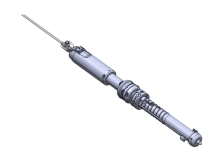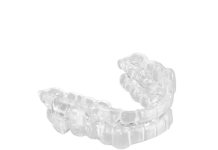The trial is designed to assess the safety and effectiveness of PCSS in three-level cervical fusion patients.
Providence Medical Technology (PMT) has concluded patient enrolment in its study of the Posterior Cervical Stabilisation System (PCSS).
The prospective, multicentre, randomised, investigational device exemption FUSE Study is intended to assess the safety and effectiveness of PCSS in three-level cervical fusion patients.
PMT has enrolled around 230 patients across 18 US spinal surgery sites to assess PCSS along with Anterior Cervical Discectomy and Fusion (ACDF) compared to ACDF alone in a superiority study.
The study, which commenced in May 2020, has been designed to evaluate Circumferential Cervical Fusion (CCF) in high-risk cervical fusion patients by generating level-one clinical evidence.
It involves patients who are at risk of failure following an ACDF fusion procedure due to various factors such as three-level disease, smoking, advanced age and diabetes.
It aims to explore the potential advantages of incorporating a tissue-sparing posterior cervical fusion alongside the ACDF procedure for these patients.
When 100 patients have completed a two-year follow-up, the first comparative analysis of fusion and other clinical outcomes will be conducted.
PMT CEO and founder Jeff Smith said: “The completion of FUSE enrolment is an important milestone for high-risk spinal fusion patients.
“At Providence, we are on a mission to establish CCF as the standard of care for high-risk patients. We believe these patients require more and are hopeful the FUSE results will raise awareness of the extensive unmet need in the treatment of patients with risk factors for nonunion.”




